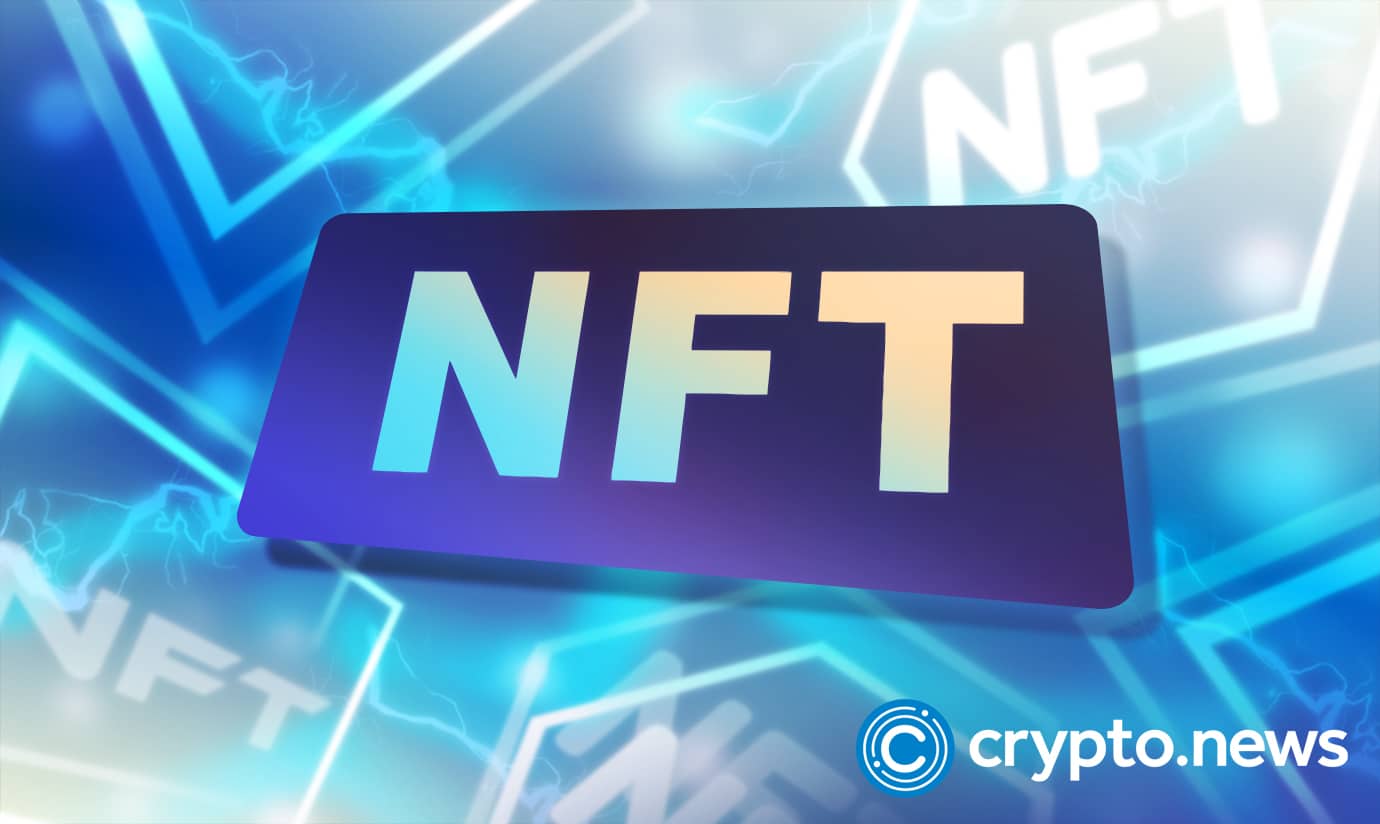Cryptopunk NFTs now on the Bitcoin blockchain

The well-known collection of non-fungible tokens (NFTs), Cryptopunks, which originated on the Ethereum network, has now made its way to the Bitcoin network.
Cryptopunks come to Bitcoin, unofficially
Despite not being created or endorsed by Yuga Labs – the company behind Cryptopunks and Bored Apes – the idea has already garnered attention from significant collectors. The Cryptopunks collection is now available on the Bitcoin network thanks to the Ordinals project, which enables NFTs to be stored on the Bitcoin blockchain.
The Ordinals project works by adding metadata to satoshis, which are the smallest unit of bitcoin, to create unique identities for each satoshi, resulting in them becoming non-fungible and trackable, similar to an NFT. The ability to do this was made possible by two updates to the Bitcoin network, Segwit in 2017 and Taproot in 2021.
The full collection of Cryptopunks can be minted through the collection’s website, but it requires running a full node on the network to validate transactions. The project defines itself as “the first collection of 10,000 NFTs in Bitcoin.” While the artwork has been pre-registered on the blockchain, the satoshis have yet to be tied to them.
Anyone interested in “minting” a CryptoPunk on the Bitcoin blockchain can do so by inscribing a satoshi with the artwork. Internet researcher Leonidas.og, who focuses on NFTs, explains the process as “an interesting new model for enrolling a collection in ordinals that reduces the initial cost for the creator.”
As of now, 1,112 out of the 10,000 CryptoPunks have already been minted, including by official holders of the Cryptopunks on the Ethereum network. The new collection on the Bitcoin network offers a unique opportunity for those who missed out on the original Cryptopunks on Ethereum to join in on the action.
Are these NFTs good or bad news for Bitcoin?
This development is a testament to the growing popularity of NFTs and their potential to change the way we think about digital ownership and value. The migration of the Cryptopunks to the Bitcoin network also highlights the increasing interest in Bitcoin and its capabilities as a blockchain network.
The migration of non-fungible tokens (NFTs) to the Bitcoin network via the Ordinals project has the potential to increase the network’s financial use cases. This, in turn, could further boost demand for block space and result in higher fees for miners, thereby contributing to their long-term sustainability.
Additionally, Bitcoin network activity has hit a 2-year high due to this NFT-like experiment.
However, it’s important to note that the process of attaching individual identities to satoshis through metadata inscription may have negative impacts on both privacy and fungibility.
Other negative effects are already being felt. Transaction fees rising significantly along with the average Bitcoin block size. Disturbing news of shocking imagery being uploaded to the blockchain have also surfaced, adding insult to injury.

















